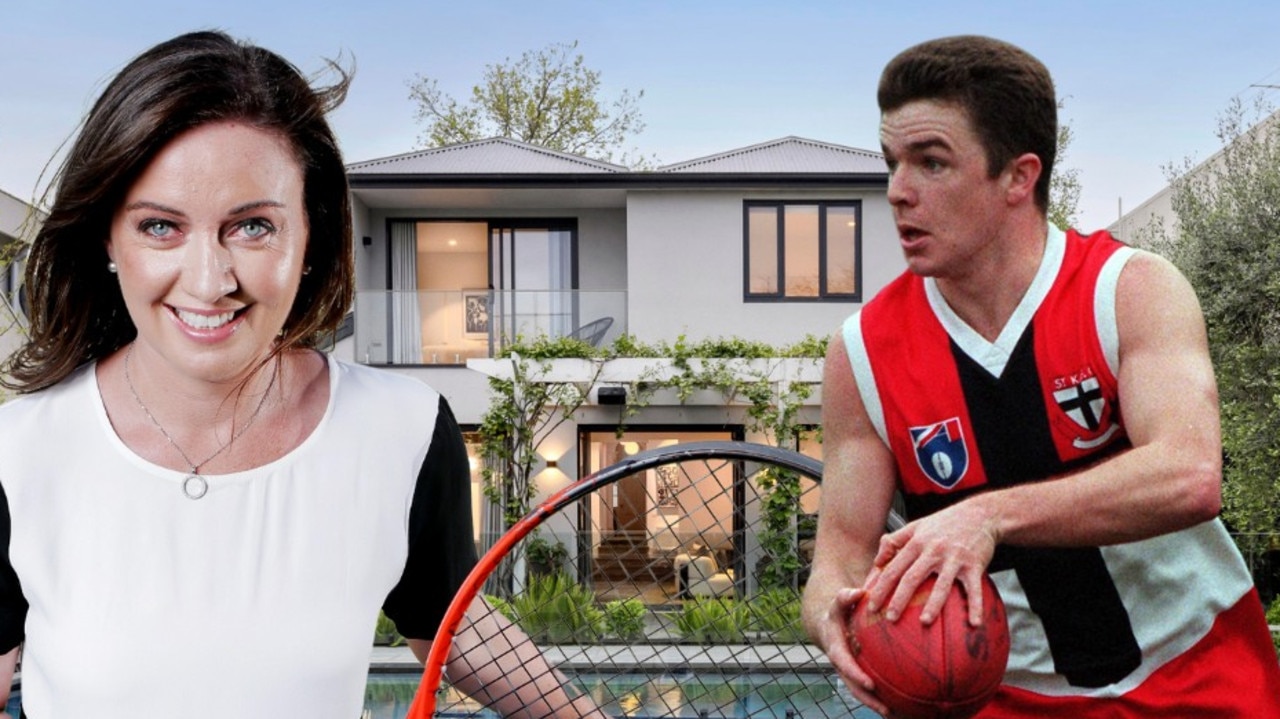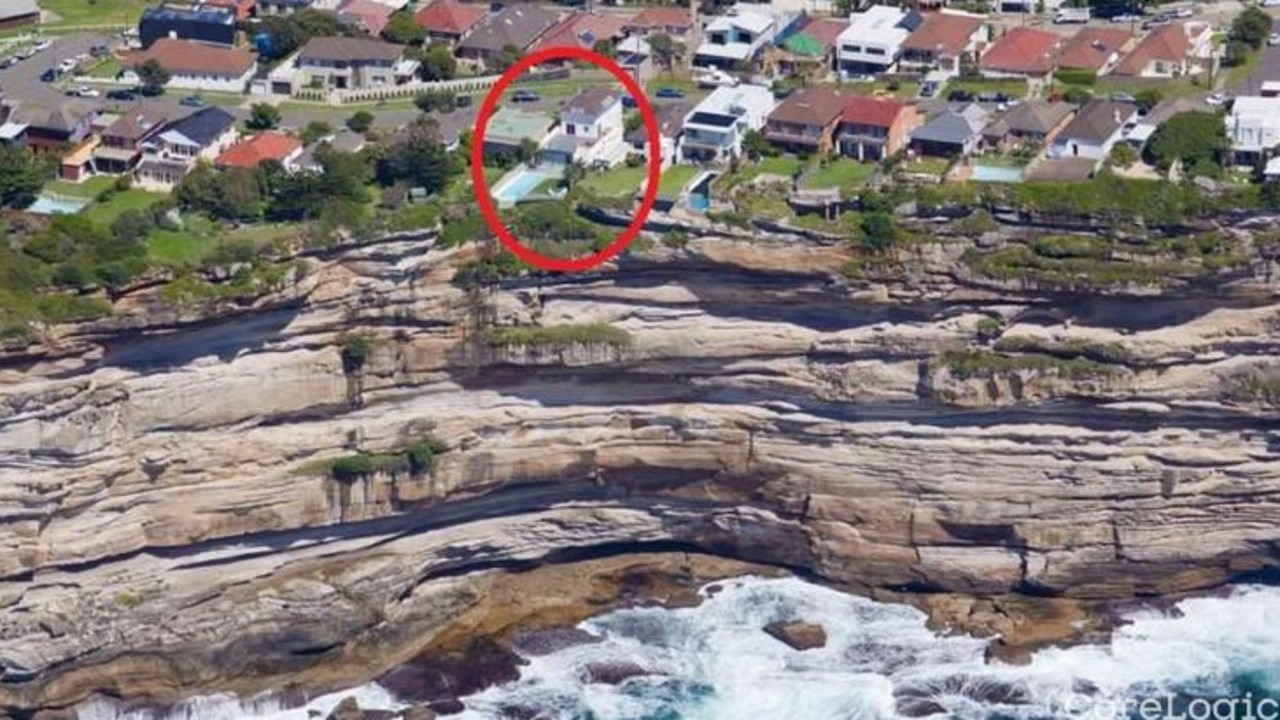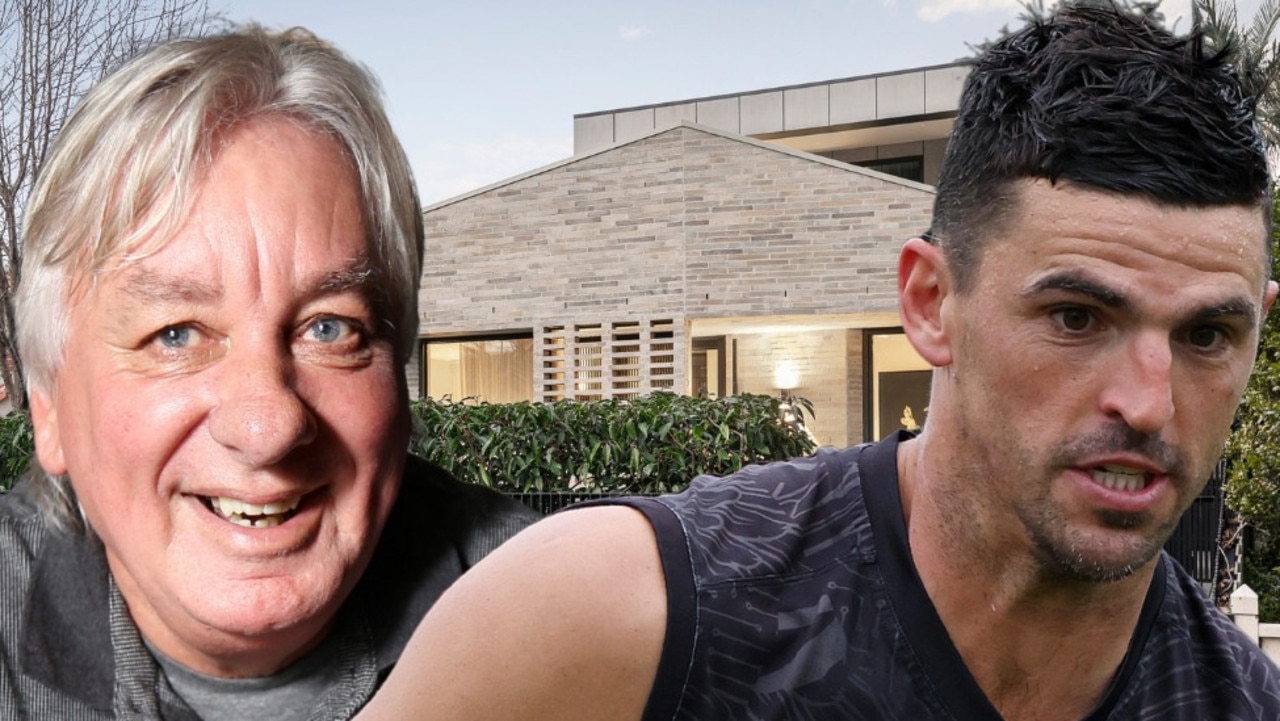Australian real estate fire sales increasingly unlikely, say experts
Much-hyped real estate fire sales due to the economic destruction wrought by COVID-19 are becoming increasingly unlikely for the for many of these suburbs. See what the experts are predicting.

Much-hyped real estate fire sales due to the economic destruction wrought by COVID-19 are becoming increasingly unlikely for the Sydney suburbs, inner city and CBD.
The Commonwealth Bank’s pledge earlier this week not to force the sale of homes owned by customers affected by the pandemic is another blow to forecasters who predicted dramatic prices falls due to COVID-19 and to those hoping to snap up a bargain.
RELATED: Sydney family’s extraordinary act after $30m sale
Mum with 20 homes’ reveals her three hacks for buyers
Tradie’s ‘massive punt’ pays off mortgage in two years
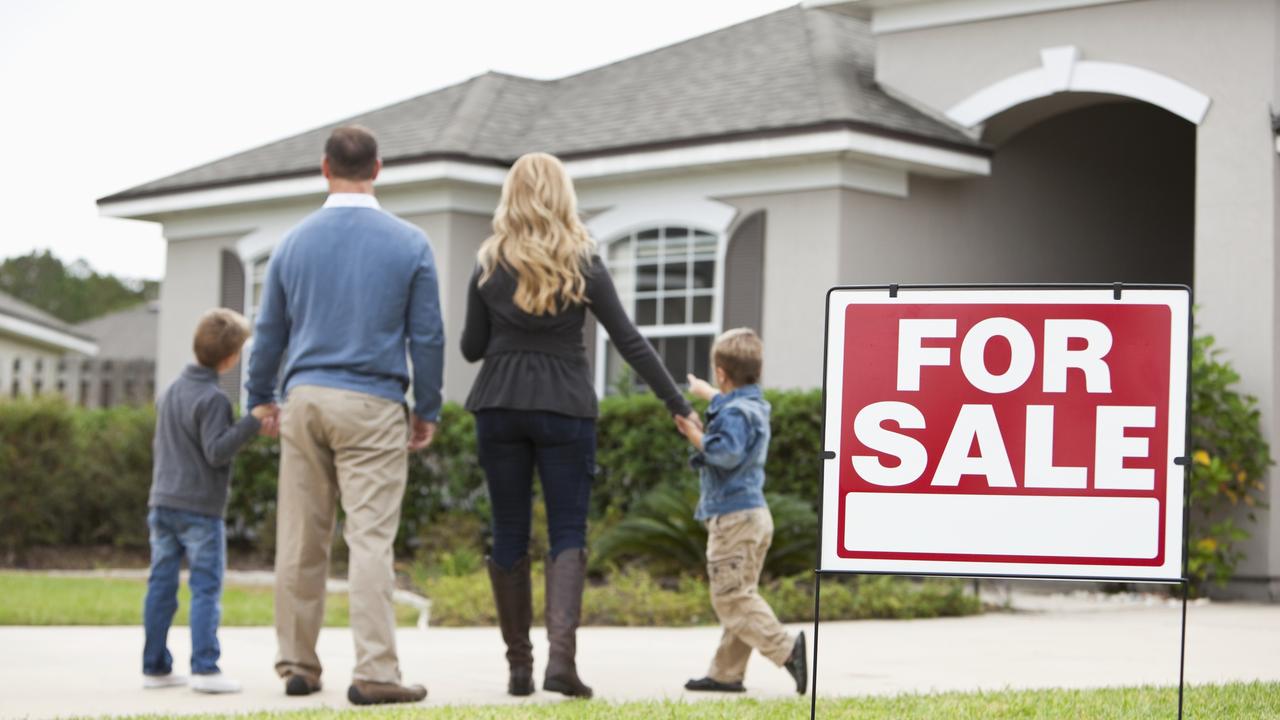
As buyer demand holds firm in both residential and commercial markets, the big four banks are standing by their customers.
ANZ, Westpac and NAB have not made similar statements to CBA outlining extended home loan holidays, however spokespeople for each lender said that they will continue to work with customers on a case-by-case scenario — suggesting they too would shield pandemic-affected borrowers.
When COVID-19 arrived, economic commentators warned of a “fiscal cliff” when mortgage deferrals – and government stimulus packages such as JobKeeper and JobSeeker – were to finish in September. However, this lender leniency and government aide has now been stretched until early 2021.
Chief economist at realestate.com.au, Nerida Conisbee, said the withdrawal of support had been far slower than originally expected.
“We had that September “cliff”, which ended up not being a cliff, and support continued,” she said

“What we’re seeing now in terms of very extreme levels of distress at the moment is that it’s quite low. The most extreme being a mortgagee sale, and we’ve only got two mortgagee-listed properties on realestate.com.au right now out of more than 160,000 listings.
“Where we’ll see a rise in distress will more likely be where we have higher levels of vacancy and very low demand. For now that seems to be in our CBDs.
“When we start to see withdrawals of support, it’s likely there will be people impacted but at the moment the banks seem to be working through it,” she said.
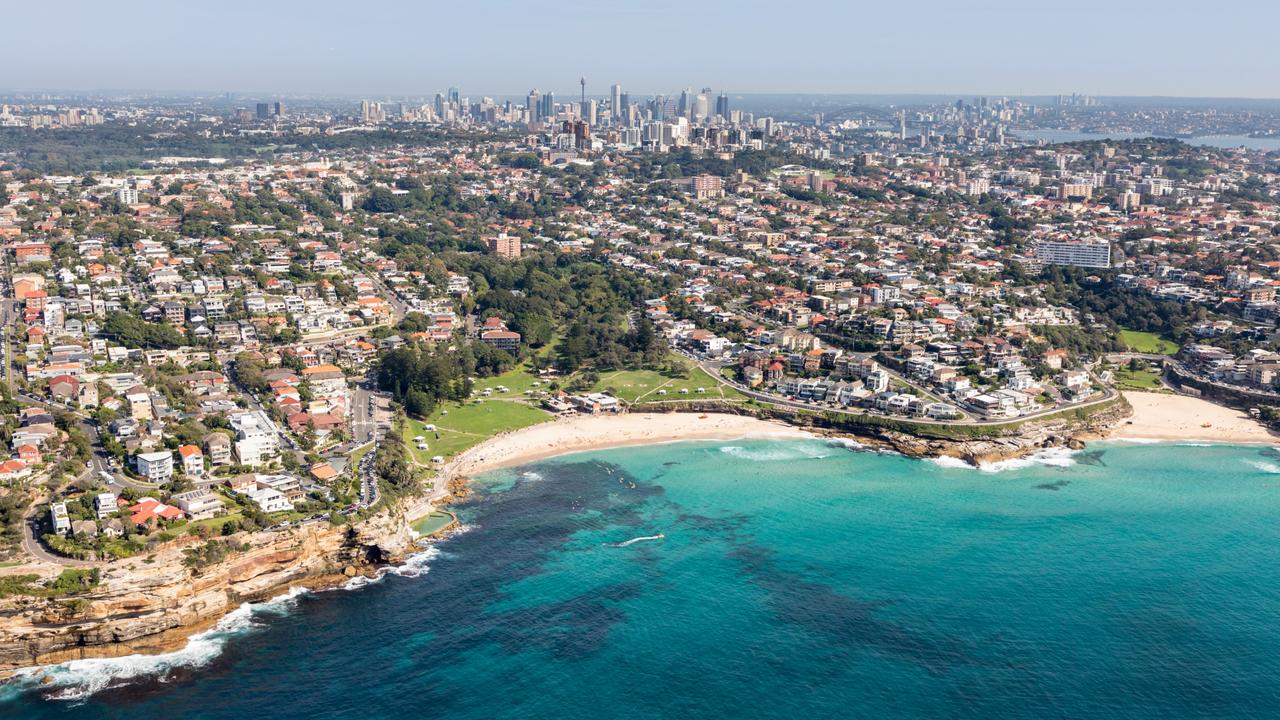
Simon Pressley, Propertology’s head of research, said the dire predictions for the national property market had been “grossly blown out of proportion”.
“There will be no cliff because no one benefits by pulling the rug out from under people. The banks will hurt just as much as anyone else, everyone gets that,” he said.
Mr Pressley agreed that if there are to be pandemic-induced price drops, it is likely to be those high-density markets that are already seeing signs of stress.
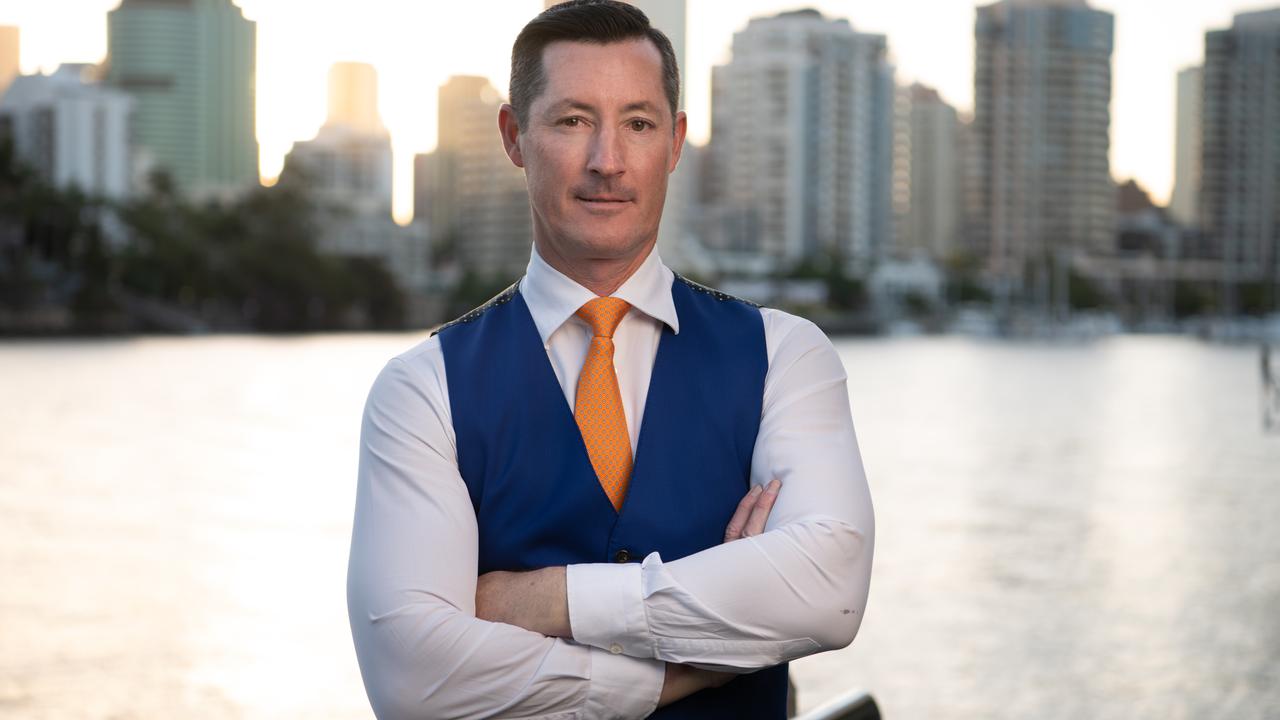
“I’ve said all along that the two most vulnerable markets across Australia are Sydney and Melbourne and the more this has unfolded, the stronger I feel about that,” he said, pointing out that APRA’s September data showed only 7.4 per cent of housing loans were still on holiday.
“Overall – and I know it’s not nice if it’s your own home loan – but it’s not blood in the streets. We’ve got to remember these are not shares on the stock market, they’re homes. And the last thing any human being wants to lose is their home. They’ll burn their shirt before they will allow that to happen,” he said.
Tom Panos, real estate industry expert and Sky News commentator, said he expected the CBD to recover from the pandemic exodus and a residential sell off unlikely.
“I don’t see any distress coming,” he said.
“The reason why is interest rates. The rates have dropped so low that affordability is there and those that were the main victims of COVID-19 in terms of employment don’t represent your typical home buyer. They were hospitality workers, etc, who were not at the life cycle of home ownership.

Tas Costi, Commercial and Site Acquisitions Manager for Cohen Handler buyer’s agency said he was not expecting a flood of distressed property on the commercial market.
“I have record number of buyers and interest rates are so low,” he said.
“Some owners that might have bought on sharp yields are looking to trade out. There might be a slight transition next year [due to the end of mortgage holidays and JobKeeper] but I don’t think there will be fire sales.”
A survey conducted by Finder in May found that 6 per cent of respondents – equivalent to 1.2 million homeowners – had contacted their lender, or were planning to make contact, regarding a pause in mortgage repayments. By October, Finder’s Consumer Sentiment Tracker study found that 20 per cent of homeowners were struggling to pay their mortgage.
Graham Cooke, insights manager at Finder, said the property market had been set to take a fall in the wake of the pandemic but that looked less likely now.
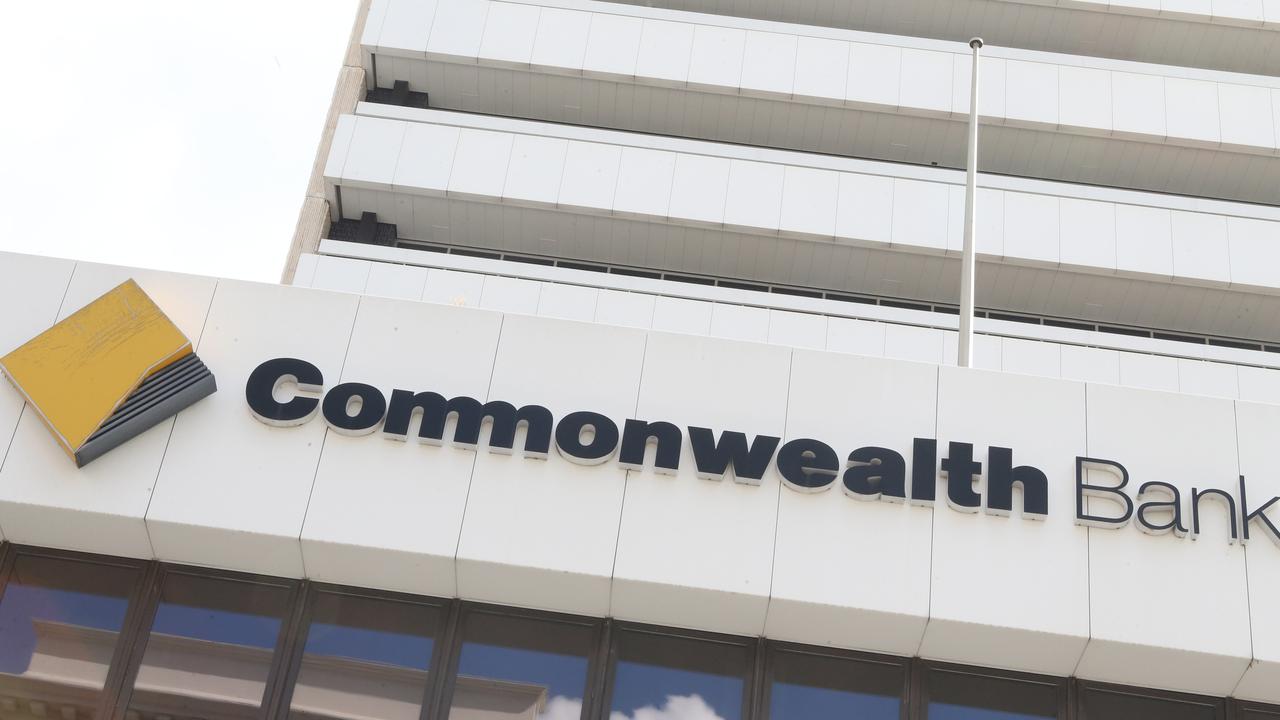
“The pandemic has pushed some people out of the cities with more Aussies realising they can work remotely. As a result, prices and property sales are rising in outer city areas rather than dropping. For once it’s not the Sydney and Melbourne capitals driving the market,” he explained.
“The future for the housing market looks strong – prices are rising and borrowing is through the roof,” he said, adding there still could be a risk of defaults when JobKeeper “disappears”.
“The extra certainty for CommBank customers will be one less thing to worry about, and it may well spread across the big four,” Mr Cooke said.
While the remaining three of the big four banks have not made statements outlining extended home loan holidays, spokespeople for each lender told News Corp that they will continue to work with customers on a case-by-case scenario.
– additional reporting by James MacSmith
Originally published as Australian real estate fire sales increasingly unlikely, say experts


